'When I was going for the hour record, 100% commitment to the preparation was spending £14k on a skinsuit': Alex Dowsett's 'no stone unturned' approach
In our new weekly series, Hannah Bussey speaks to riders on the one thing that's made all the difference to their riding - and asks - could it work for you?
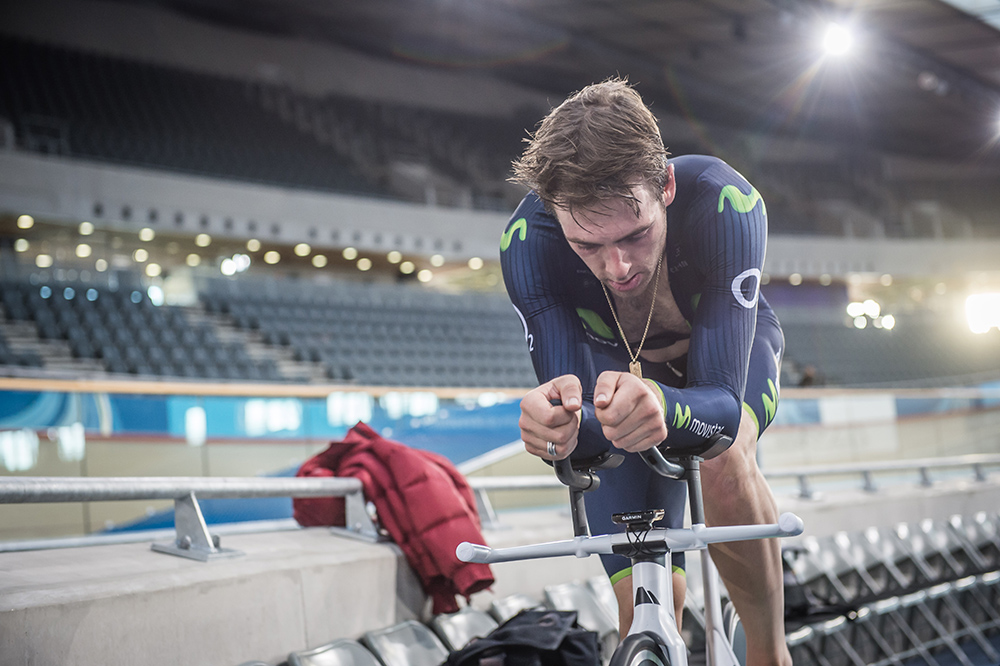
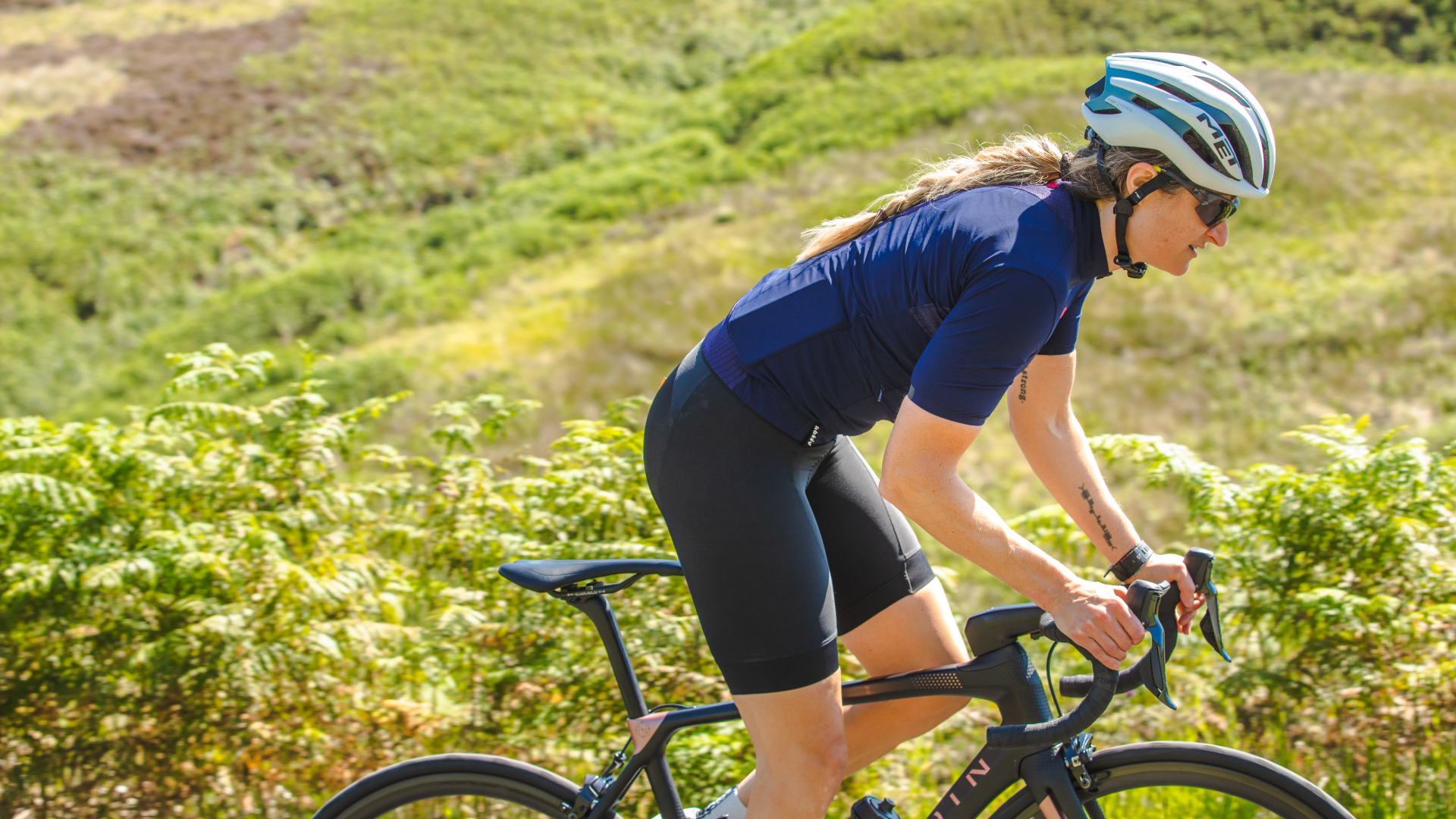
Most of us have busy lives, packing in cycling alongside work, family commitments and more - making 'quick win' performance gains extremely inviting. But, do they work?
In this new weekly series, I'll be speaking to cyclists - from professional riders, coaches, psychologists or just well known personalities who love riding bikes - and asking them what one change they've made that's helped to make them a better bike rider.
This week I speak to Alex Dowsett. He's a six time UK National Time Trial Champion and spent over a decade riding as a World Tour Pro. He was a Commonwealth Games gold and silver medallist, won two stages of the Giro d'Italia and has held the prestigious Hour Record. Dowsett now coaches and provides aero speciality consultancy.
Just one small change - Give one hundred percent commitment in the preparation
"In 2019 I was 5th in the individual TT at both the Europeans Championships and again at the World Championships" recalls Dowsett. "I realised if I had been two seconds faster at the Euros I would have medalled. Likewise at the Worlds, if I had just changed my back tyre I would have probably shaved the seven seconds off my time to have knocked Filippo Ganna off the third spot.
"Hindsight can be a wonderful thing, but when it comes to performance it can be crippling, thinking of all the what ifs. So I decided I had to change my mindset. I never wanted to feel that disappointment again, and from now on I would put my 100% into the preparation and then let the result be the result."
Giving one hundred percent commitment in the preparation will look very different for each individual, but according to Dowsett it's ultimately working out what the phrase ‘do your best’ actually looks like and breaking it down into small achievable chunks.
"It can be the consistency of just showing up to each planned session, or at the other extreme, when I was going for the hour record, 100% commitment to the preparation was spending £14k on a skinsuit," Dowsett explains. "Obviously that's extreme, but I was leaving no stone unturned in my quest for speed. I knew that I was making the right decision at the right time with the best information available and doing my absolute best. I was then able to make peace with whatever the outcome on the day was."
Get The Leadout Newsletter
The latest race content, interviews, features, reviews and expert buying guides, direct to your inbox!
The expert's view
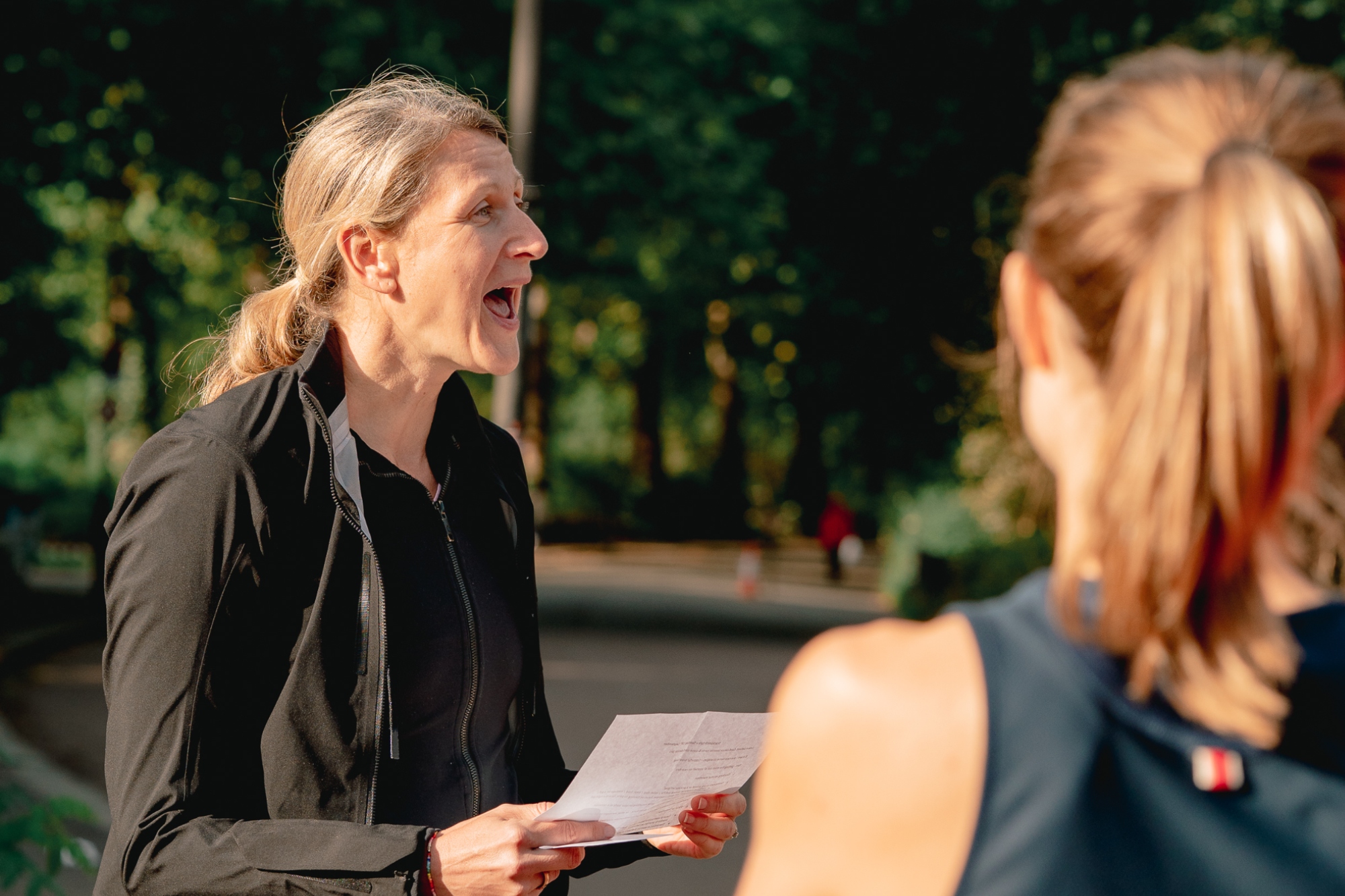
To understand exactly why Dowsett's approach works, I caught up with Chartered Sport and Exercise Psychologist Josephine Perry.
According to Perry there are 12 sources of confidence which we can call upon to feel good for an event, which are categorised under three distinctive headings: Robust, External and Internal confidence.
"Giving one hundred percent commitment in the perpetration certainly falls into the robust sources of confidence heading" Perry tells me.
"Extensive preparation will not only cover physical training, skills development and mental practice," says Perry, before adding "it also needs to consider the logistics of the event.
"Nothing is left to chance and a performance is not undermined by something basic like getting lost on the way to the venue, forgetting to pack the right shoes or being too late to warm up properly.
"Being fully physically, skilfully, logistically and mentally prepared will have a very positive focus on performance and provide a great source of confidence" .
Breaking this source of confidence down even further Perry gives me an insight as to how this approach can have huge mental health benefits around performance sports.
"Giving one hundred percent in the preparation is also a great way to let go of performance anxiety and disappointment," she says. "There are far too many uncontrollables that can happen on event day so this allows you to just roll with the moment, but be confident knowing you are as ready as you can possibly be".
Perry also suggests using this approach to switch from outcome to process driven goals.
"The outcome is your aim and aspiration, it’s great for motivation, but it’s far better to work with process goals" says Perry "They will get you as close as possible to you desired outcome, but are capable of being measured, achieved and improved upon".
What are process goals?

According to Perry, setting process goals will also really help anyone suffering from performance anxiety as you can break down what you need to do into much smaller chunks, which in turn will give you a lot more confidence on the start line.
When asking Perry what this might look like, she suggested that riders "think of it as a flow chart from process to outcomes. Set training goals and they will move you towards performance aims.
"For example ‘if I can achieve this in my training, I’m capable of doing that in my performance’. This builds confidence, but takes the pressure off the actual outcome.
"A good coach will have planned exactly how every single session will bring you closer to your outcome aim. If you’re not sure why you are doing something in training you need to ask before going off track in training. Some athletes will want to know exactly why each session has been set and the reason behind it, but others will be content with just trusting their coach and the process and doing the work.
"Whatever type of person you are, it’s important to track how the process is going. This will also allow you to reflect on performance and give you explanations if things didn’t work out how you wanted them to rather than just excuses. You can then go back to your controlled preparation and work on any weaknesses."
However Perry does warn against going off plan "doing extra miles, or adding a bit more weight in the gym isn’t considered as giving more than one hundred percent in the preparation. In fact this will be messing up your performance by not sticking to the plan, and could end up contributing to you missing your outcome aim."
Our view
It goes without saying that giving your all in preparation is going to increase your confidence heading into an event. However, actually doing that is the challenge - how do you ensure no stone is left unturned?
Perry's use of the 'process goals' flow chart offers us a perfect springboard into examining what 'doing our best' looks like for us personally, and is very helpful at putting giving one hundred percent commitment in the perpetration into action - and it's certainly something I can easily try.

Thank you for reading 20 articles this month* Join now for unlimited access
Enjoy your first month for just £1 / $1 / €1
*Read 5 free articles per month without a subscription

Join now for unlimited access
Try first month for just £1 / $1 / €1
Hannah is Cycling Weekly’s longest-serving tech writer, having started with the magazine back in 2011. She has covered all things technical for both print and digital over multiple seasons representing CW at spring Classics, and Grand Tours and all races in between.
Hannah was a successful road and track racer herself, competing in UCI races all over Europe as well as in China, Pakistan and New Zealand.
For fun, she's ridden LEJOG unaided, a lap of Majorca in a day, won a 24-hour mountain bike race and tackled famous mountain passes in the French Alps, Pyrenees, Dolomites and Himalayas.
She lives just outside the Peak District National Park near Manchester UK with her partner, daughter and a small but beautifully formed bike collection.
-
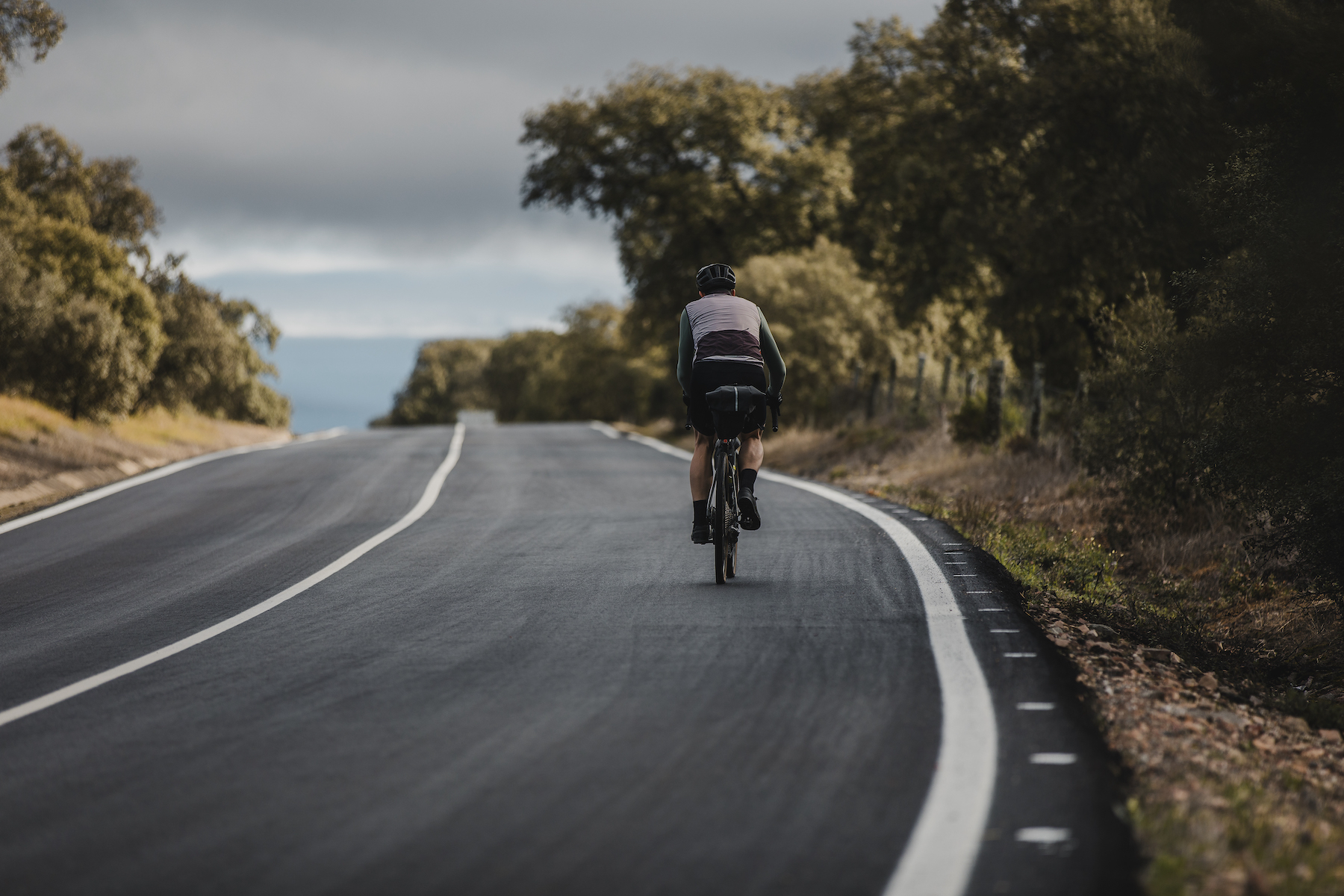 'This is the marriage venue, no?': how one rider ran the whole gamut of hallucinations in a single race
'This is the marriage venue, no?': how one rider ran the whole gamut of hallucinations in a single raceKabir Rachure's first RAAM was a crazy experience in more ways than one, he tells Cycling Weekly's Going Long podcast
By James Shrubsall
-
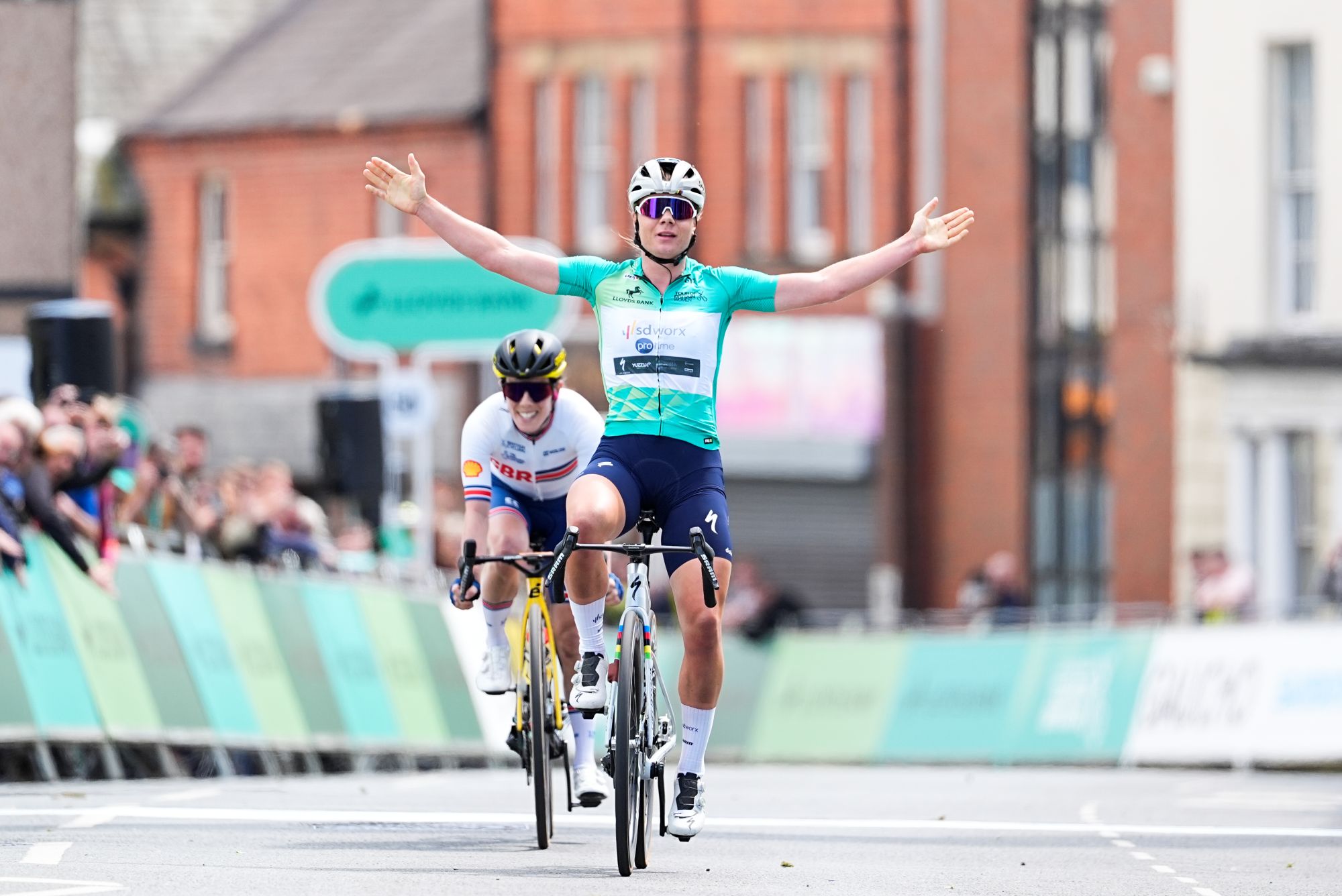 Full Tour of Britain Women route announced, taking place from North Yorkshire to Glasgow
Full Tour of Britain Women route announced, taking place from North Yorkshire to GlasgowBritish Cycling's Women's WorldTour four-stage race will take place in northern England and Scotland
By Tom Thewlis